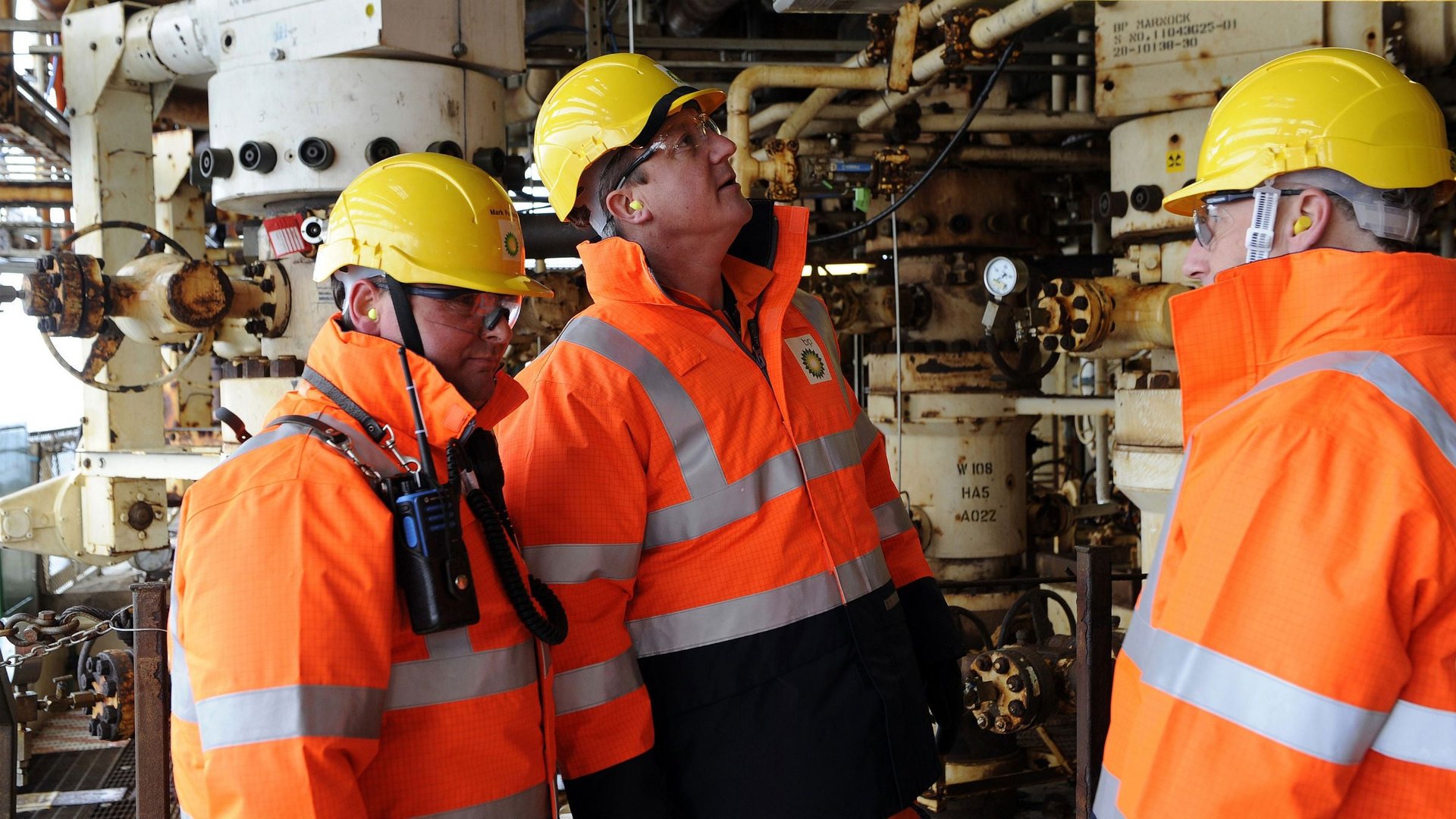The £5 billion question on Scottish independence
With Scotland potentially sitting on £5 billion worth of shale gas, it’s no surprise that the upcoming independence referendum has also reignited the long controversial debate over hydraulic fracturing, or “fracking.” What is surprising is the way both sides in the fracking debate have framed their arguments around independence. While Scotland’s political future may be decided in less than six months, Britain’s energy debate has already shifted.


With Scotland potentially sitting on £5 billion worth of shale gas, it’s no surprise that the upcoming independence referendum has also reignited the long controversial debate over hydraulic fracturing, or “fracking.” What is surprising is the way both sides in the fracking debate have framed their arguments around independence. While Scotland’s political future may be decided in less than six months, Britain’s energy debate has already shifted.
Thirty years ago, after the discovery of oil in the North Sea, it was Scottish nationalists who adopted the slogan “It’s Scotland’s Oil” and argued that an independent Scotland could also be a prosperous one. But these days, interestingly, the nationalist argument hasn’t extended to shale gas. Instead, it is those aiming to keep the United Kingdom together who are touting the economic potential of shale.
After the UK government’s release of a map in Dec. 2013 showing areas to be considered for shale gas exploration (including the area between Edinburgh and Glasgow), prime minister David Cameron pushed incentives for Scotland to stay in the UK, announcing bigger payouts to local communities that give approval for drilling. Some Scottish conservatives saw benefits, too, with one saying, “the fracking map seems a lot smaller in Scotland and I was thinking that that could be another reason to remain in the UK in that we might be the beneficiaries of a whole lot of cheaper gas.”
Meanwhile, fracking opponents, particularly the strong environmental movement, read the map as an indication that all of central Scotland would be open to fracking. As such, nationalism became a rationale for control as opposed to future profits. An independent Scotland—and not the UK government—could control the issuance of drilling licenses and thus could keep the country free from fracking. Scotland could also control its energy mix, and alleviate concerns that Westminster’s pursuit of shale could divert it from its energy priorities. It has already diverged from the rest of the UK in terms of its commitment to renewable energy, generating nearly twice as much of its electricity from renewable sources.
The British Geological Survey is scheduled to begin a study into its shale deposits this spring, but the question still lingers: what does the UK’s shale future actually look like? Both sides are keen on invoking America, and point to the best and worst-case scenarios. Fracking supporters note that Scotland “has the potential to be the Pennsylvania of Europe” while opponents point to the risks in places like Ponder, Texas, to highlight the health and safety concerns from drilling.
But in some important ways, the UK is a different playing field entirely. According to a US Energy Information Administration report, UK shale geology is “considerably more complex, while drilling and completion costs for shale wells are substantially higher”; even slightly higher costs could stop shale from being a market game changer. As well, the UK has a “limited domestic service sector for shale exploration,” another crucial element to exploit its shale potential; according to a February poll of oil and gas industry personnel, 62 percent believe that plans to turn Britain into the forefront of shale exploration will falter unless there is more trained staff and more investment in equipment. As the American experience may not be all that easy to replicate, it also doesn’t give the UK a specific blueprint from which to accurately predict its energy future.
One way the independence referendum could mirror America, though, is that it may come down to the tenet that all politics is local. Polls show a considerable number of undecided voters and voters who may change their votes. However, what does appear solid is that voters are most influenced by the likely economic consequences of the decision: 52% would support independence, and only 30% oppose it if they thought they would be £500 a year better off while only 15% would support independence and 72% would be opposed if they thought they would be £500 a year worse off. Whether fracking can have a significant impact on the referendum may be determined by how strong the case is that £5 billion can translate into an extra £500.